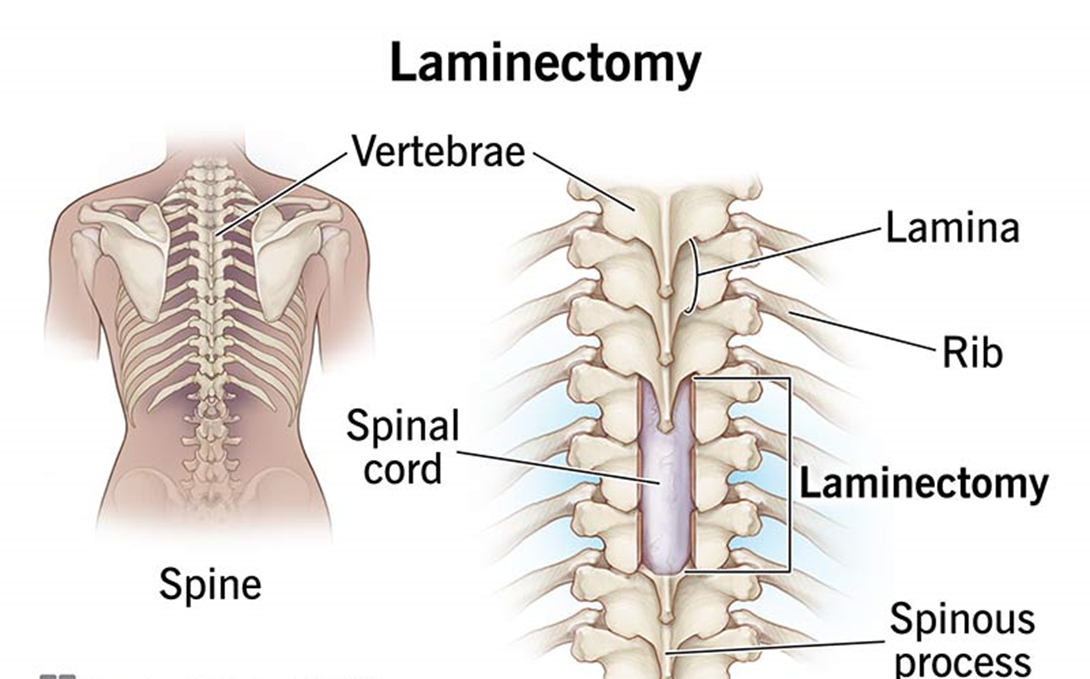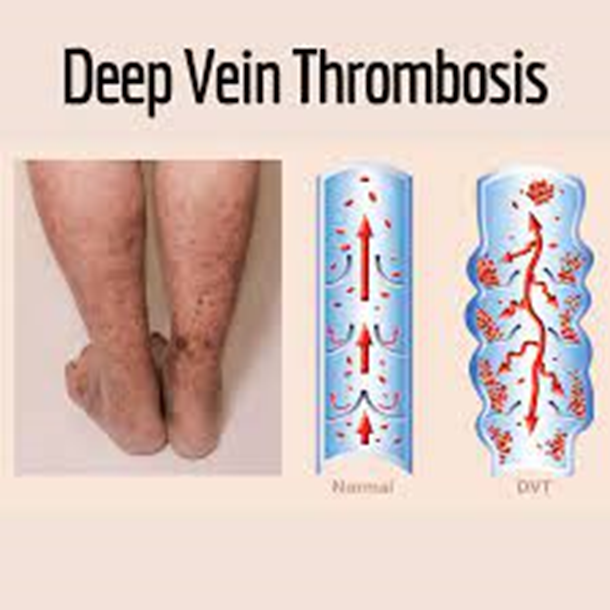A charge nurse is completing client care assignments. Which of the following assignments is appropriate for a licensed practical nurse?
A client who requires discharge instructions for type 1 diabetes mellitus
A client who is 1 day postoperative and has a continuous bladder irrigation
A client who requires a blood transfusion to be administered
A client who is receiving IV chemotherapy
The Correct Answer is B
Choice A reason: This is not the correct choice because this assignment is not appropriate for a licensed practical nurse. A client who requires discharge instructions for type 1 diabetes mellitus needs education on self-care, medication administration, blood glucose monitoring, diet, and exercise. These are complex tasks that require the knowledge and skills of a registered nurse.
Choice B reason: This is the correct choice because this assignment is appropriate for a licensed practical nurse. A client who is 1 day postoperative and has a continuous bladder irrigation needs routine care, such as vital signs, wound assessment, fluid intake and output, and catheter care. These are basic tasks that can be performed by a licensed practical nurse under the supervision of a registered nurse.
Choice C reason: This is not the correct choice because this assignment is not appropriate for a licensed practical nurse. A client who requires a blood transfusion to be administered needs careful monitoring, such as checking for compatibility, verifying informed consent, observing for adverse reactions, and documenting the transfusion. These are advanced tasks that require the judgment and authority of a registered nurse.
Choice D reason: This is not the correct choice because this assignment is not appropriate for a licensed practical nurse. A client who is receiving IV chemotherapy needs specialized care, such as preparing and administering the medication, managing side effects, providing emotional support, and following safety precautions. These are specialized tasks that require the training and certification of a registered nurse.
Nursing Test Bank
Naxlex Comprehensive Predictor Exams
Related Questions
Correct Answer is A
Explanation
Choice A reason: This is the correct choice because this client has the most urgent and potentially life-threatening problem. Urinary retention after spinal surgery can lead to bladder distension, infection, renal damage, or autonomic dysreflexia (a dangerous rise in blood pressure and heart rate). The nurse should assess the client's bladder, catheterize the client if indicated, and notify the surgeon.
Choice B reason: This is not the correct choice because this client has a serious but not urgent problem. Pancreatic cancer is a malignant tumor that can affect the function of the pancreas and other organs. IV chemotherapy is a treatment that uses drugs to kill cancer cells. The nurse should provide emotional support, education, and symptom management to this client, but they are not the highest priority.
Choice C reason: This is not the correct choice because this client has a chronic but not acute problem. Peripheral vascular disease is a condition that affects the blood vessels outside the heart and brain, causing reduced blood flow to the limbs. An absent pedal pulse indicates poor circulation in the foot, which can lead to pain, numbness, or tissue damage. The nurse should monitor the client's pulses, skin temperature, and color, and teach the client how to prevent complications, but they are not the highest priority.
Choice D reason: This is not the correct choice because this client has a stable but not critical problem. MRSA is a type of bacteria that is resistant to many antibiotics and can cause skin or systemic infections. An axillary temperature of 38°C (101°F) indicates a mild fever, which is a common sign of infection. The nurse should administer antibiotics as prescribed, observe the client for signs of sepsis, and follow infection control precautions, but they are not the highest priority.

Correct Answer is A
Explanation
Choice A reason: This is the correct choice because this client has the least urgent and most stable condition. A deep-vein thrombosis is a blood clot that forms in a vein, usually in the leg. An INR of 2.0 indicates that the client's blood is within the therapeutic range for anticoagulation therapy, which prevents the clot from growing or breaking off. The nurse should ensure that the client has a prescription for oral anticoagulants, compression stockings, and follow-up appointments before discharging them.
Choice B reason: This is not the correct choice because this client has a serious and potentially life-threatening condition. Tumor lysis syndrome is a complication of chemotherapy that occurs when cancer cells break down rapidly and release their contents into the bloodstream. This can cause electrolyte imbalances, kidney damage, and cardiac arrhythmias. The nurse should monitor the client's vital signs, laboratory values, urine output, and fluid balance, and administer medications and interventions as prescribed.
Choice C reason: This is not the correct choice because this client has a new and acute condition. A new onset of left-sided weakness could indicate a stroke, which is a medical emergency that requires immediate diagnosis and treatment. The nurse should perform a neurological assessment, check the client's blood pressure and blood glucose levels, and activate the stroke protocol.
Choice D reason: This is not the correct choice because this client has a severe and unstable condition. Angina is chest pain that occurs when the heart muscle does not get enough oxygen-rich blood. A troponin level of 3 ng/mL indicates that the client has a high level of cardiac enzymes in the blood, which suggests a heart attack or myocardial infarction. The nurse should administer oxygen, nitroglycerin, aspirin, and morphine as prescribed, and prepare the client for further diagnostic tests and interventions.

Whether you are a student looking to ace your exams or a practicing nurse seeking to enhance your expertise , our nursing education contents will empower you with the confidence and competence to make a difference in the lives of patients and become a respected leader in the healthcare field.
Visit Naxlex, invest in your future and unlock endless possibilities with our unparalleled nursing education contents today
Report Wrong Answer on the Current Question
Do you disagree with the answer? If yes, what is your expected answer? Explain.
Kindly be descriptive with the issue you are facing.
